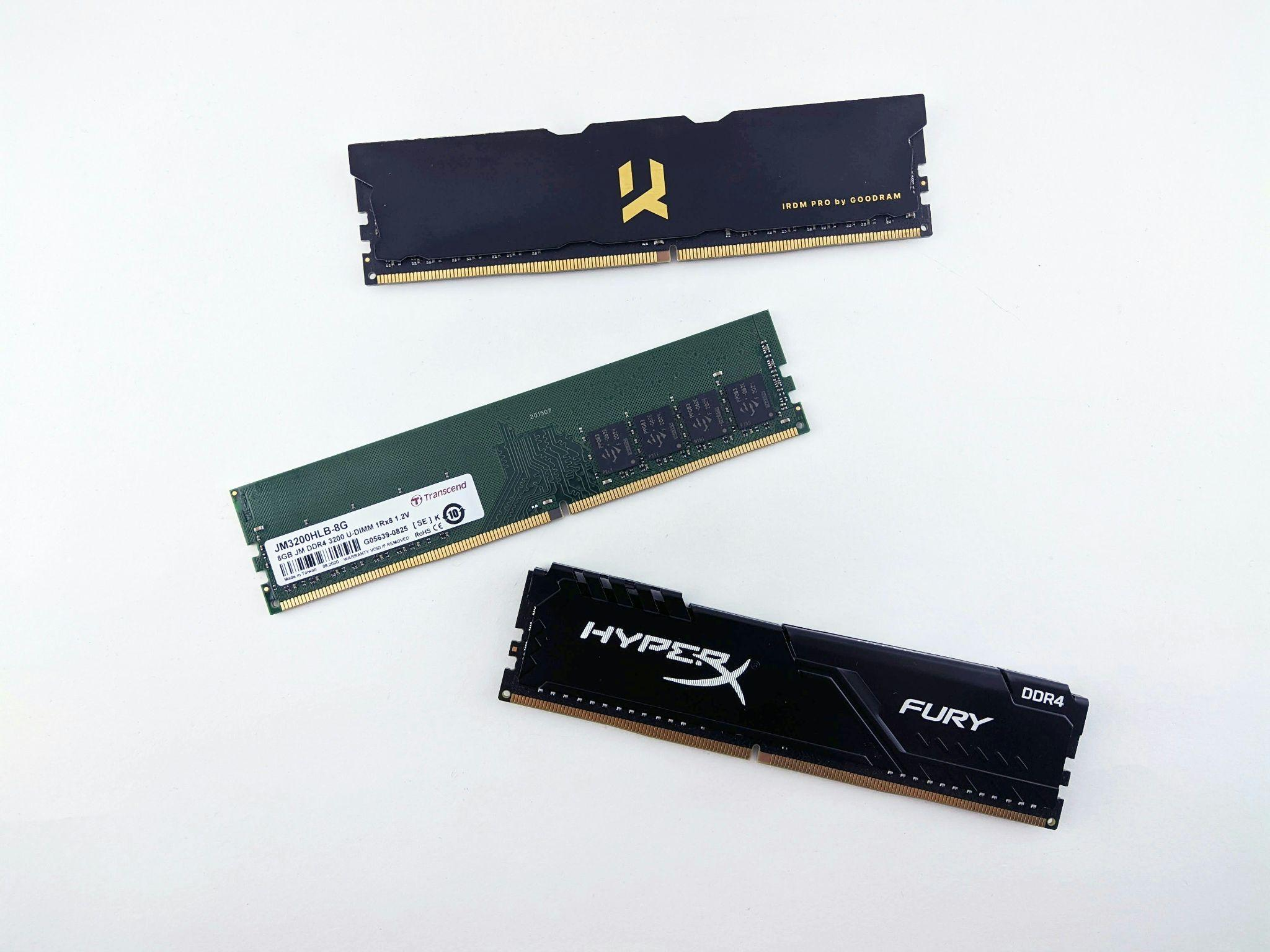Picture this: your weekday begins with staff wasting time hunting for documents dispersed across laptops and drives, files that shouldn’t be there, and email attachments that are slow and cumbersome.
When security patches are overdue or ransomware warnings flash across the screen, it becomes clear that the IT manager is unable to concentrate on growth but rather fire-fighting.
That’s the reality for many businesses without a NAS system. Now flip the scene – files are instantly accessible, backups hum quietly in the background, and teams collaborate seamlessly, no matter where they are. That’s the power of NAS.
What is NAS?
A NAS, or Network Attached Storage, isn’t just a storage box – it’s a secure, scalable, and central hub for your company’s data. In today’s world, where businesses generate massive amounts of information daily, reliable storage is more than a convenience – it’s survival.
So, why should you set up a NAS system for your business? Because data isn’t just stored – it’s your most valuable asset, your digital gold, and it deserves a proper vault.
If data is the new gold, then a NAS system is your vault. It’s a dedicated device, plugged directly into your office network, that acts as a single, secure home for all your files. Gone are the days of chasing down files across a dozen different USB drives or trying to sync conflicting versions from various cloud accounts.
For a growing business, this is a game-changer. A good NAS scales with you. You can begin with a basic setup and build more storage as your needs grow.
It’s built for dependability, with features intended to keep your data safe and accessible around the clock. It’s the difference between keeping your cash in a sock drawer and securing it in a bank.
Why You Should Set Up a NAS System for Your Business?
Here’s a scary statistic that keeps business owners awake at night: a huge number of companies that suffer a major data loss never fully recover.
Studies show nearly 60% of companies shut down within six months of severe data loss. It’s a stark reminder that data is fragile – whether due to hackers, accidental deletions, or plain bad luck.
A NAS is your best defense against becoming a statistic. How? Think about redundancy. Modern NAS devices can be set up with multiple drives in a RAID configuration. If one drive fails, the system keeps running without missing a beat. You just swap out the bad drive, and it rebuilds itself.
It’s like having a spare tire for your data. Plus, features like automatic backups and immutable snapshots (fancy term for backups that even ransomware can’t touch) mean that even in a disaster, you can get back to business fast.
Take the Sony Pictures hack in 2014. The company lost and leaked massive amounts of confidential data. Stronger backup and recovery strategies—like those supported by NAS—could have softened the blow. That’s the point: NAS isn’t just about storage. It’s about staying alive when things go wrong.
Is NAS Worth the Expense?
Here’s the real shift: data isn’t overhead. It’s an asset. And NAS helps businesses actually use it. Files aren’t locked away—they’re shareable, searchable, and ready for analysis.
Teams can collaborate on hefty video projects, remote employees can log in securely, and analytics tools can run on clean, structured data.
Take Netflix. Its Open Connect Appliance, essentially a customized NAS system, let the company push content closer to its users.
This lowered costs, improved quality, and gave Netflix a massive competitive edge. Your business might not be streaming movies to millions, but the lesson holds: when you control your storage, you control your performance.
The Hardware That Powers NAS
Behind every NAS system is carefully chosen hardware:
- SSDs & HDDs: Solid-state drives deliver speed, while hard drives provide affordable bulk storage.
- CPUs & RAM: These determine how smoothly the system handles simultaneous requests.
- RAID Controllers: Essential for redundancy and data safety.
- Networking Gear: The pipes that dictate how fast and reliable access really feels.
Plenty of companies specialize in helping businesses get this mix right. TechAtlantix IT hardware store, for example, offers servers, SSDs, memory, and RAID controllers designed to integrate into NAS environments.
Whether you’re starting small or building out enterprise-level infrastructure, the right partner can balance cost, performance, and future growth.
Smarter, Faster, Safer: AI Meets NAS
One of the biggest reasons why you should set up a NAS system for your business today is how it now works hand-in-hand with AI. AI-enabled NAS can optimize storage automatically, spot unusual activity, trigger backups without human input, and even predict hardware failures before they happen.
Look at Tesla’s Dojo supercomputer. It relies on a storage setup similar to massive NAS systems to feed data into machine learning models at blistering speeds.
While your business doesn’t need that scale, the underlying benefits—predictive maintenance and smarter data handling—are filtering down into mainstream NAS solutions.
Sustainability and Smarter Choices
There’s another angle: energy. Data centers already consume nearly 4% of the world’s electricity, and that number is climbing. NAS solutions built with efficiency in mind help trim energy use and cut costs.
Take IKEA’s IT overhaul. By rethinking its infrastructure and choosing modular, energy-efficient systems, the company managed to slash both operating costs and carbon emissions.
For businesses chasing sustainability goals, selecting NAS setups with refurbished parts or energy-conscious designs makes a real difference. Storage choices don’t just affect performance—they affect the planet.
NAS Means Collaboration
The modern workplace is everywhere—offices, homes, airports, coffee shops. Teams need fast, secure, and reliable access to shared files, no matter where they are. NAS delivers exactly that.
Creative agencies editing huge video projects, healthcare providers handling sensitive patient data, global teams developing software—all rely on centralized, secure storage.
Ubisoft, for instance, coordinates massive game development projects using distributed storage systems much like NAS. The lesson? If your teams are spread out but your data isn’t centralized, you’re asking for headaches.
Conclusion
At the end of the day, your data is your business. Leaving it unprotected and disorganized is a risk you simply can’t afford to take anymore. Setting up a NAS system is one of the smartest investments a modern business can make.
It’s your digital vault, your uninterrupted insurance policy, and the foundation for how your team will work together tomorrow.
It’s not an IT expense. It’s an investment in your company’s stability and future growth. So, ask yourself this: if your data is your most valuable asset, what’s your plan to protect it?




